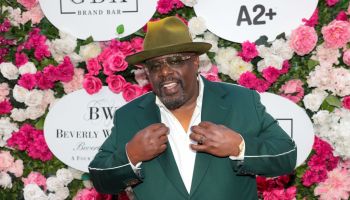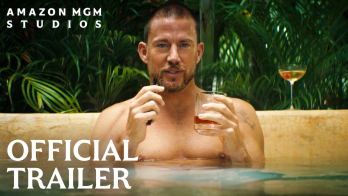An iconic host, an iconic station, an iconic past, and an iconic vision for our future are intertwined in the free expression of diversity.
I got a newfound respect for the love that people have for President Barack Obama. Not that I didn’t understand why people were so enamored and invested in our president. After all, he is our president – and for Black people, he is also “our president.”
However, to be able to see that in Chicagoland – where he still has a residence and where many are able to genuinely call Mr. Obama “friend,” it made even more sense to me.
And so did a place that symbolizes not only a step in his path, but a common stride in our collective journey as well.
At WVON (www.wvon.com) in Chicago – a station made famous by the movie “Cadillac Records” – the beauty of seeing one of its former radio guest co-hosts become the leader of the free world pales to the beauty taken each time the cast of personalities and behind-the-scenes talent engages the third-largest American market with a series of opinions, questions, and conversations that work to stretch the community to new levels of awareness and achievement. For radio host and former Chicago city alderman Cliff Kelley, this is not only “old hat”, but an obligation of love – one that he has performed daily for the better part of 2 decades with a sense of honor, a focus of justice, and an air of class.
In an era where Black media (i.e., Black-owned television and radio) faces a frightening crisis brought on by the economic crisis (just ask my native Pittsburghers about the recent loss of iconic WAMO-FM), Cliff Kelley and the talented family of WVON represents a cherished and needed conduit to connect the diversity within urban communities to the issues and platforms that make their viewpoints tangible and significant. In an era where Black America faces a unique and daunting set of challenges (from teen violence to family instability to economic hardship), the legacy and wisdom of our past must network with the potential of today and tomorrow in a cooperative fashion if we are going to rise up and overcome our pain.
Places like WVON – with its people, ownership, and vision – talk us through the pain, remind us of past victories, and persuade us to find the energy to address our current ills collectively and courageously. It is through legacy and determination that we have to work together, not afraid of the diversity (not just political diversity, but also gender, socioeconomic, educational, and gender identification diversity) within our urban communities in order to speak up against the dysfunction choking life away from our children and our collective potential. It is through applying that diversity in intelligent and appropriate manners that we are able to build stronger communi
















